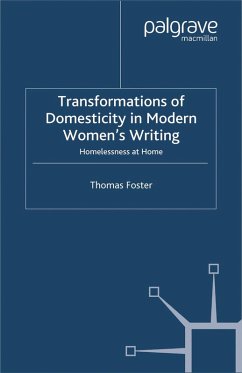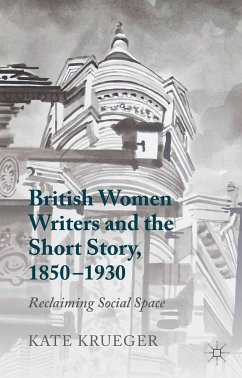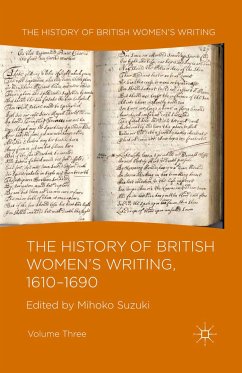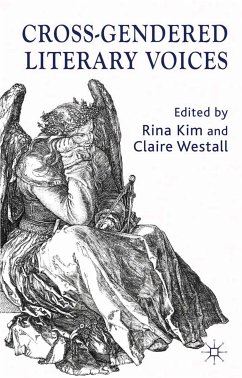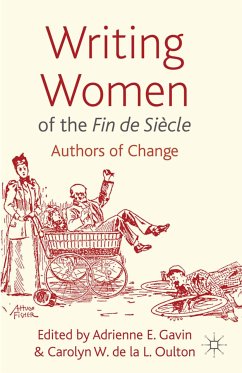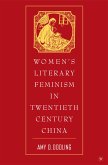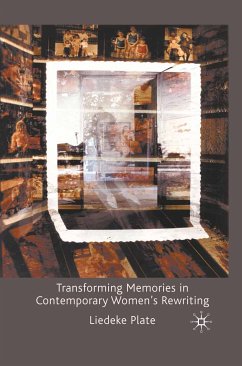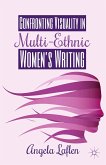Dieser Download kann aus rechtlichen Gründen nur mit Rechnungsadresse in A, B, BG, CY, CZ, D, DK, EW, E, FIN, F, GR, HR, H, IRL, I, LT, L, LR, M, NL, PL, P, R, S, SLO, SK ausgeliefert werden.
'Foster's ambitious survey of ten modernist women writers demonstrates, with quiet brilliance, the creative and canny ways women have been renovating the ideology of home since at least as early as Dickinson - A serious, shrewd, and substantial book'. - Diana Fuss, Princeton University
'In Transformations of Domesticity in Modern Women's Writing, Thomas Foster explores the double standpoint from which the writers he analyzes produce their work. He redefines the 'domestic' sphere as a space that is at once within the home yet outside the conditions whereby the writers that he analyzes might be described as 'belonging' there. Foster works at the cutting edge of women's studies, queer theory, gender studies and cultural studies and he adds an important critical standpoint to each of the locations he inhabits'. - Donald E. Pease, Avalon Chair of the Humanities, Dartmouth College
'Raising the critical conversation on separate spheres to a brilliant theoretical pitch, Transformations of Domesticity in Modern Women's Writing revises our understanding of the complex inheritance of publicity anddomesticity for modern women writers. Foster's erudite readings make the most of contemporary feminist discourses while illuminating the specificity of the modern period.' - Robyn Wiegman, Duke University
'This is a sophisticated theoretical work which draws on postmodernist geography, philosophy, culture and queer theory to discuss selected writings.' - Mary Joannou, Anglia Polytechnic University, UK, Literature and History

